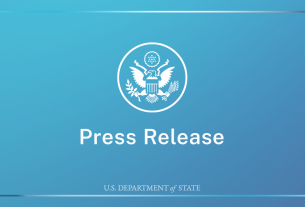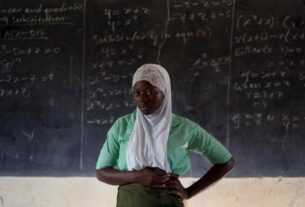[ad_1]
At a recent capacity-building training for National Assembly Members on effective legislative oversight, Madi Jobarteh said most of the laws of The Gambia are from the colonial period or have been hugely weakened in their human rights quality by the former dictatorial regime.
He stated that the building and strengthening of democracy and good governance cannot take place in the absence of good and human rights-friendly laws with strong institutions.
Therefore, he said, “the country needs to do a reversal to build good and human rights-friendly laws and strong institutions with the capacity to enforce those laws and deliver quality services in order to attain sustainable development.”
The training was held to introduce National Assembly Members and staff (participants) to basic legislative functions, constituents engagement, Standing Orders, use of the committee handbook, use of the training of trainer’s manual, advocacy reference manual for caucuses, the process for drafting private member bills and amendments to current legislation.
The democracy and human rights advocate also said: “There is a need for a strong National Assembly that will trigger, guide, and monitor legal and institutional reforms in order to usher in a new era of good governance that will guarantee human rights, peace and stability, and shared prosperity for all.”
Citing the constitution and the Standing Orders, Mr Jobarteh says it is established that the National Assembly carries the greatest responsibility for the progress and good governance of The Gambia.
“In essence, the Constitution and the Standing Orders place the National Assembly at the heart of accountability in The Gambia,” he said. “Without accountability, there cannot be progress, as it is only accountability that tells us whether we are making progress or failing.”
[ad_2]
Source link



